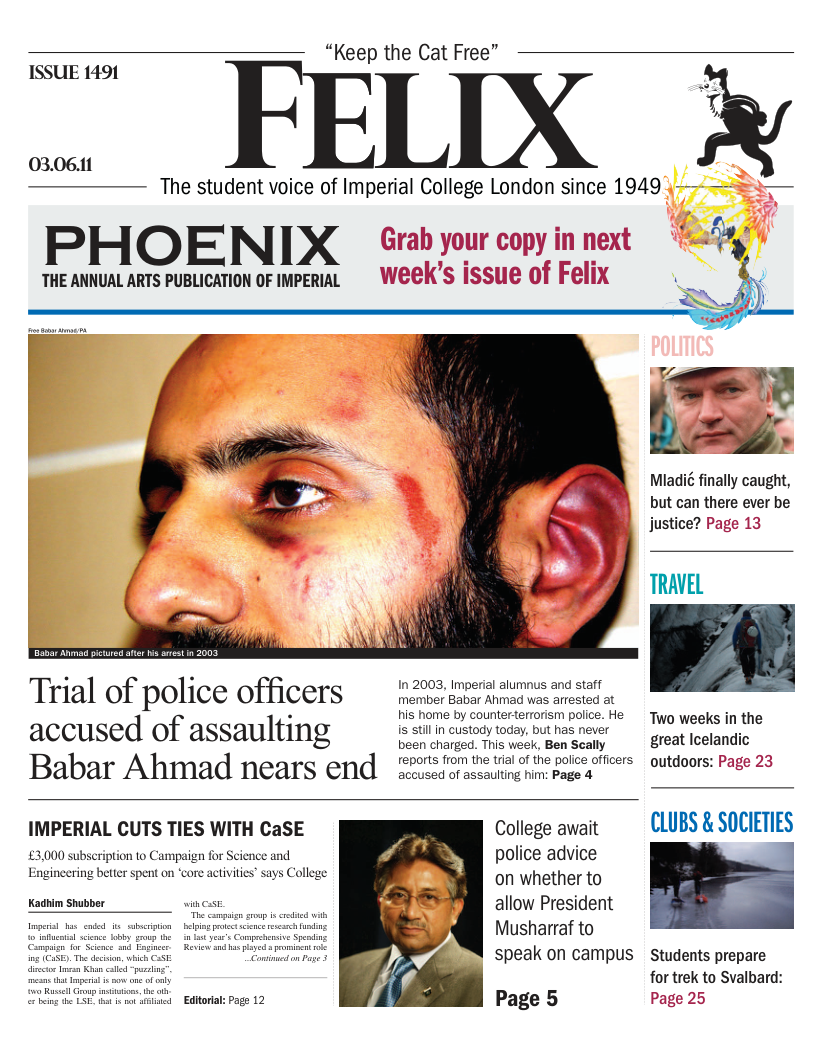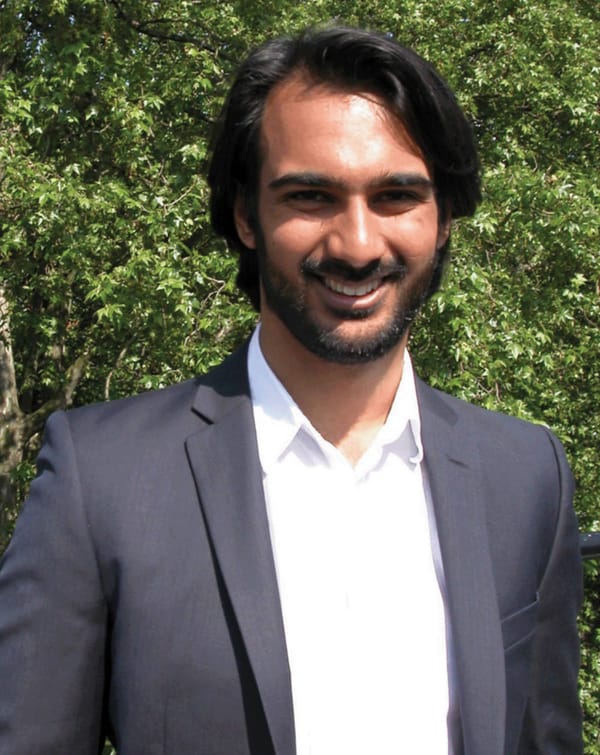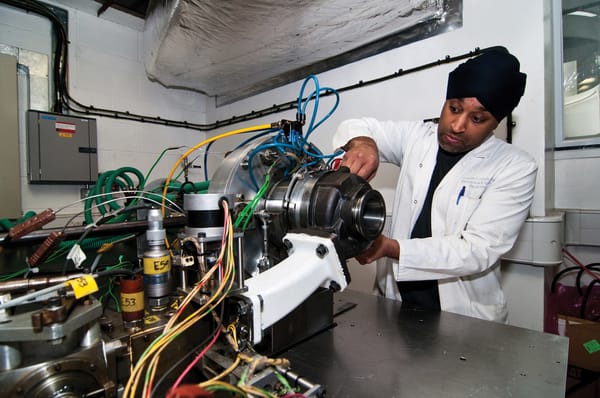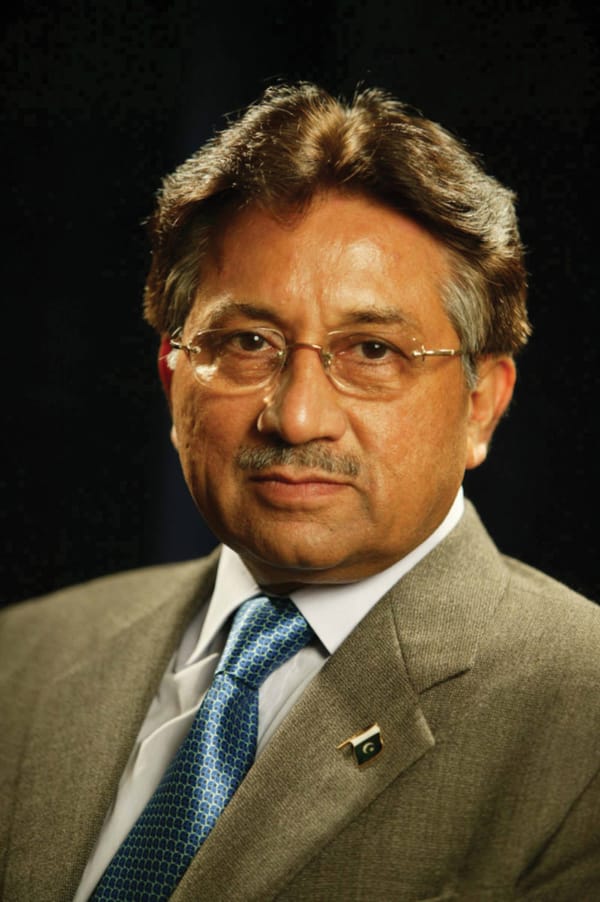Imperial joins £600 million medical research centre project
Imperial contributes £40 million to Francis Crick Institute
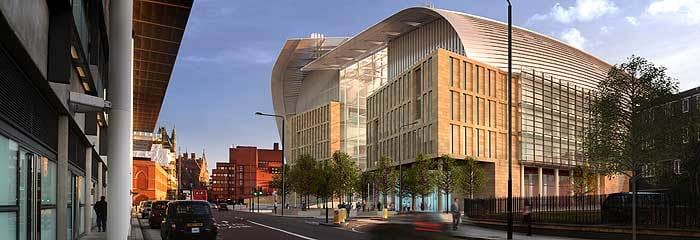
Imperial and King’s College London are set to become involved in the construction and development of a London-based ‘world-leading’ medical research centre, the Francis Crick Institute.
Currently being built at Somers Town in North London, the institute will bring together researchers from its academic partners and its founding research institutes, which include the MRC National Institute for Medical Research (NIMR) and the Cancer Research UK London Research Institute (LRI).
Opening in 2015, the overall goal of the centre is the prevention and treatment of various diseases, including cancers and influenza. Having signed a Memorandum of Understanding in April, thereby signifying their desire to join with the current partners, Imperial and King’s are now each contributing £40 million to the project, matching the amount from founding academic partner University College London.
With a founding investment of £600 million, the scheme has received support from Parliament in a recently published report, but concerns have also been raised with regards to the location of the project.
Published on the 25th May, the Commons Science and Technology Committee concluded an investigation into the proposed location by praising the “strong case for locating the institute close to leading hospitals and academic institutions” before considering that there may be a “premium to be paid for locating the institute in central London”, citing higher costs and in particular the notion that the location of the institute will reinforce the concentration of life sciences in the “golden triangle” in the south-east of England.
The Institute’s response to the report has, in turn, been largely positive.
“We are pleased the MPs on the Science and Technology Committee have described [the Francis Crick Institute] as impressive and clearly in the public interest. We particularly welcome their conclusion that the two existing London-based institutes (NIMR and LRI) which are joining [the Institute] should be located alongside universities and hospitals and good transport links. This is a key part of the vision for the institute and fundamental to its success.”
In response to the criticism over the location of the Institute, CEO and Director of the Francis Crick Institute Paul Nurse reinforced the importance of its intended location, arguing that it is “at the heart of an immensely powerful cluster of academic and medical institutions.”
He also praised London as “an international magnet for the highest quality staff from the UK and overseas”, that will prove advantageous in the institute’s aims to “attract future scientific leaders”.


